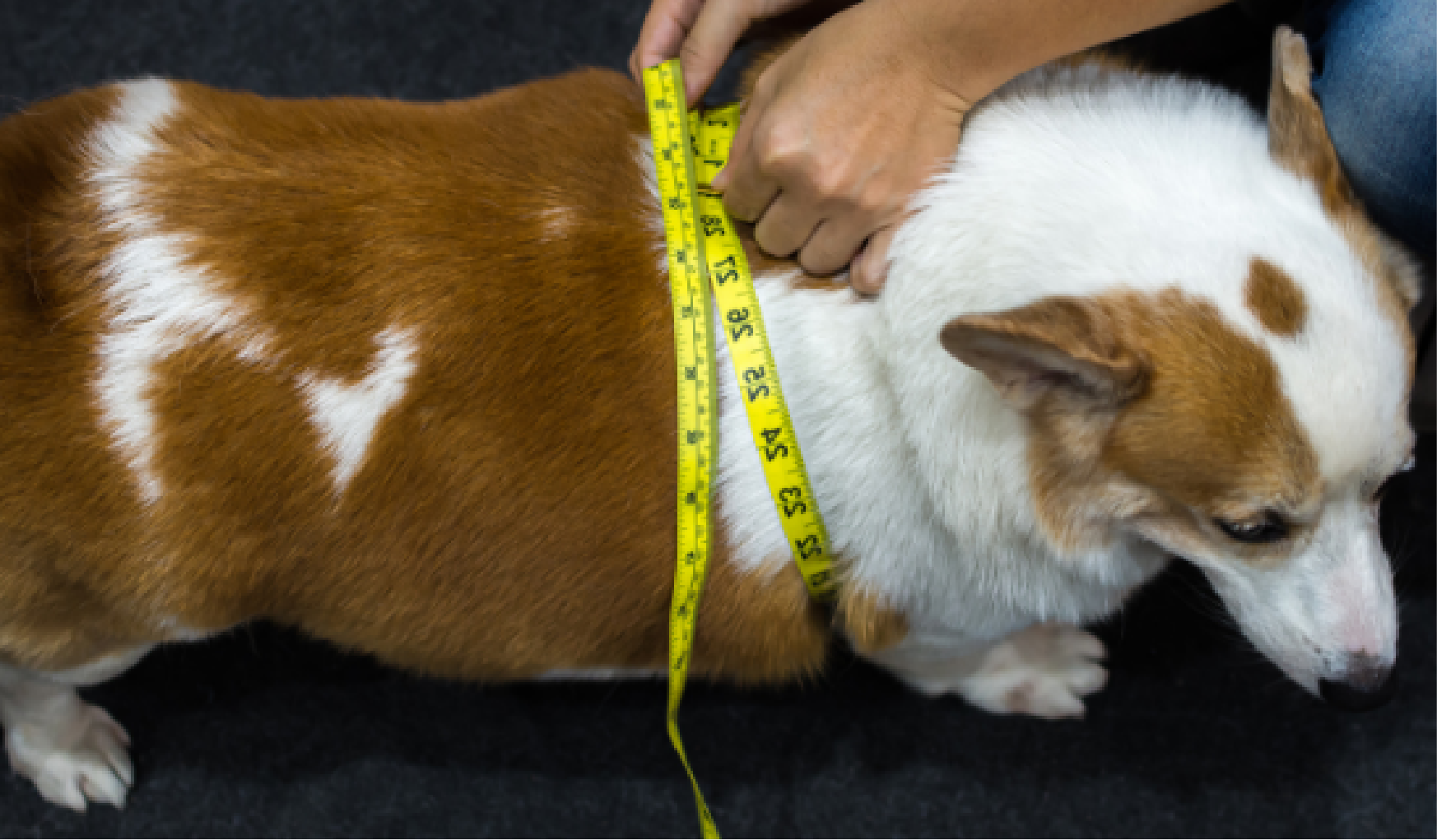How To Treat Your Pet When They’re Counting Calories

It's true that too much love in the form of treats can cause your pals "waists to expand.” Many pets can put on an extra pound or two in just a few years, even in a happy home. According to the VCA Animal Hospital, five pounds extra can place your dog at risk for several serious health conditions, including diabetes, heart disease and osteoarthritis. If you are trying to help your furry friend monitor his weight, here are some ways to treat him particularly from time to time.
As tempting as it may be to give your little buddy a treat when he's begging and crying, there's a good reason to resist if your pet is a bit overweight. Keep a stock of healthy treats for dogs and cats, especially if your pet is behaving well and deserves a tasty reward.
There are many healthy treats for dogs and cats that are designed to be good for the health of your pets and make your buddy feel like he's getting a treat. For example, the Fresh Field’s Bison & Apple Jerky Chips is a crunchy, tasty treat that will delight your puppy (or pet parent) because it is free of common allergens such as corn, wheat, and soy and full of health-enhancing antioxidants and omega-3 fatty acids.
If you want to give your adorable little buddy regular treats, you need to consider them as part of your pets "regular diet and calorie intake and adjust their meals accordingly. Treats can be a successful tool to train your dog or cat and reward your furry friend for correct reactions and good behavior. While occasional pet and cat treats can be part of a healthy eating plan for your overweight pet, you should keep a close eye on the total calories your dog consumes each day. If you are not sure how many calories your dog and / or cat should consume to lose weight or maintain the status quo, speak with your veterinarian. You can advise how many calories your pet should consume to determine how much of its daily allowance should come from treats.














